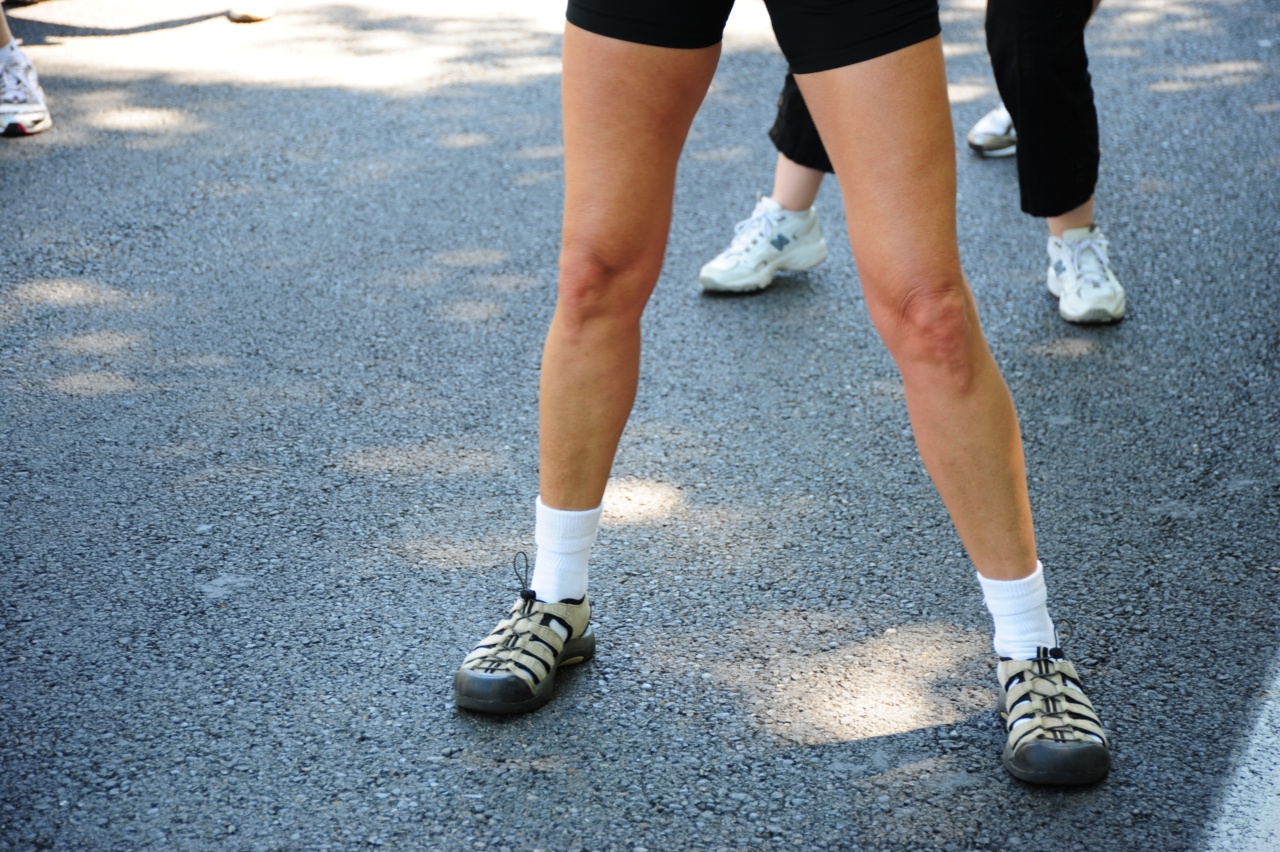Anyone who’s ever experienced the so-called “runner’s high” knows that exercise can be an incredibly powerful tool for achieving feelings of euphoria and bliss.
But what exactly happens in the brain and body to produce these sensations? And can we intentionally cultivate this kind of exercise-induced ecstasy?.
The Science of the Runner’s High
The runner’s high is often attributed to the release of endorphins – natural painkillers that are produced by the body in response to physical exertion.
Endorphins have been shown to bind to opiate receptors in the brain, leading to feelings of euphoria and reduced feelings of pain.
But recent research suggests that endorphins may not be the only players in the game. A study published in the journal Cell Metabolism found that during endurance exercise, the body also produces another type of molecule called endocannabinoids.
Endocannabinoids are similar in structure to the active compounds in marijuana, and are thought to play a role in regulating mood, appetite, and pain sensation.
Interestingly, the study found that endocannabinoids were more abundant in the bloodstream and brain fluid of mice that had been running for extended periods of time.
The researchers hypothesized that this may be due to the fact that endocannabinoids are more “lipophilic” – meaning that they are better able to penetrate cell walls and reach the brain.
The Benefits of the Runner’s High
Aside from feeling good, the runner’s high has a number of potential benefits for our mental and physical health. For example, research has shown that exercise-induced euphoria can help alleviate symptoms of depression and anxiety.
A study published in the Journal of Sports Medicine and Physical Fitness found that runners who reported experiencing the runner’s high had lower levels of anxiety and depression, as well as higher levels of self-esteem and overall well-being.
This suggests that the runner’s high may have a protective effect against mental health disorders.
Exercise-induced euphoria may also help us better cope with stress.
A study published in the Journal of Behavioral Medicine found that after a single bout of high-intensity exercise, participants reported feeling less stressed and more resilient to future stressors.
Cultivating Exercise-Induced Ecstasy
So how can we intentionally cultivate exercise-induced ecstasy? The first step is to find an activity that you truly enjoy.
If running isn’t your thing, don’t force yourself to do it just because you think it’s the only way to achieve the runner’s high. Experiment with different types of exercise – whether it’s yoga, dancing, or hiking – and pay attention to how your body and mind feel during and after the activity.
Another important factor is intensity. Recent research suggests that the intensity of exercise may play a role in the production of endocannabinoids.
A study published in the Journal of Experimental Biology found that rats who had been running at a moderate pace had higher levels of endocannabinoids in their bloodstream than rats who had been running at a slower pace.
This doesn’t mean that you need to push yourself to the brink of exhaustion to achieve exercise-induced ecstasy, but it does suggest that a certain level of intensity may be necessary.
Pay attention to your body and find a level of intensity that feels challenging but sustainable.
The Caveats of Exercise-Induced Ecstasy
While exercise-induced euphoria can be an incredibly powerful tool for achieving feelings of bliss, it’s important to remember that it’s not a panacea.
Over-exercising can actually have the opposite effect, leading to feelings of burnout and exhaustion.
It’s also important to remember that the runner’s high is not a substitute for medical treatment for mental health disorders.
While exercise can be a helpful adjunct therapy, it’s unlikely to be a cure-all for conditions such as depression or anxiety.
Conclusion: Embracing the Joy of Movement
Exercise may be a powerful tool for achieving feelings of euphoria and bliss, but it’s important to remember that the joy of movement is not limited to the runner’s high.
Any type of movement – whether it’s walking, swimming, or playing a game of pick-up basketball – can be an opportunity to connect with our bodies and experience a sense of flow and joy.
So next time you’re feeling down or stressed, try lacing up your sneakers or dusting off your yoga mat. You may be surprised by the ecstasy that awaits you.






























